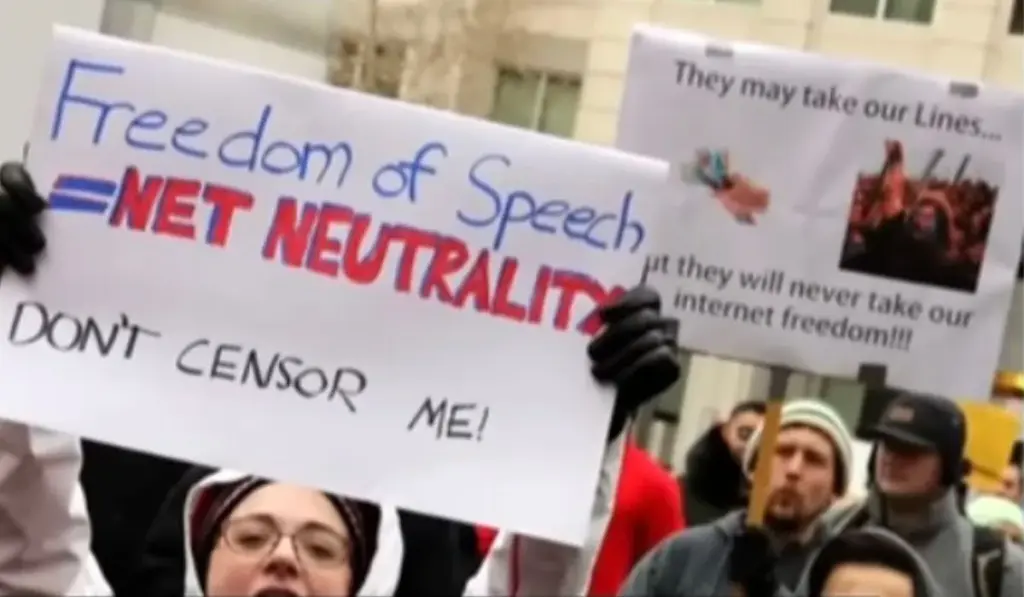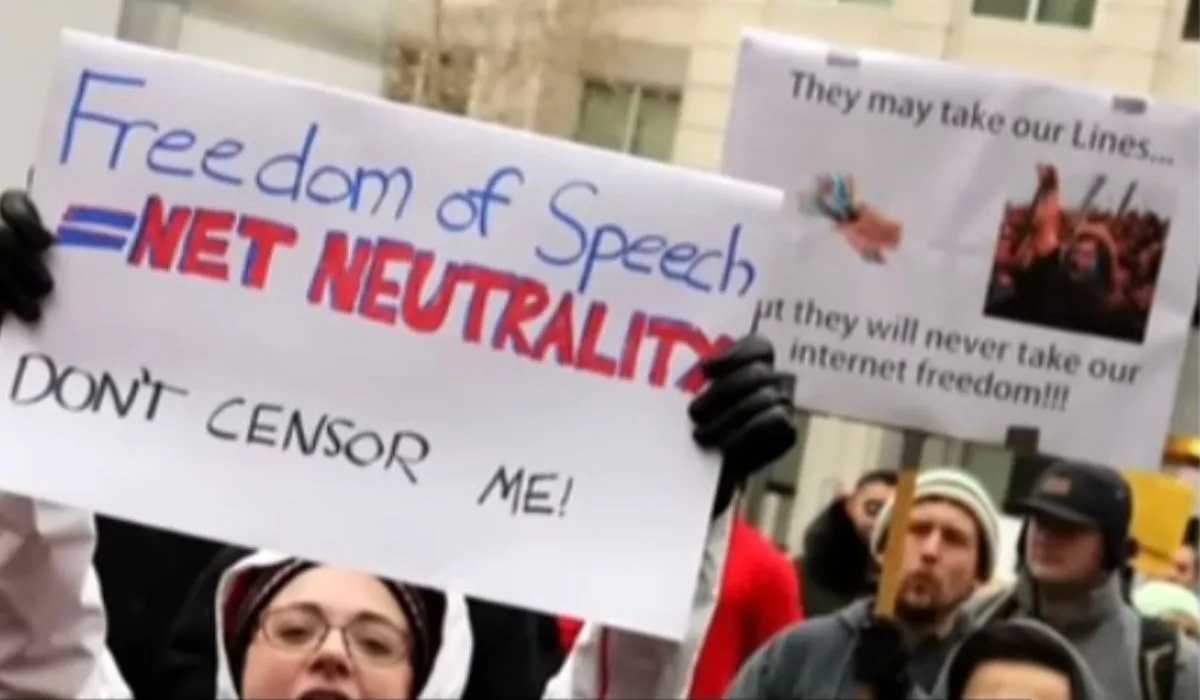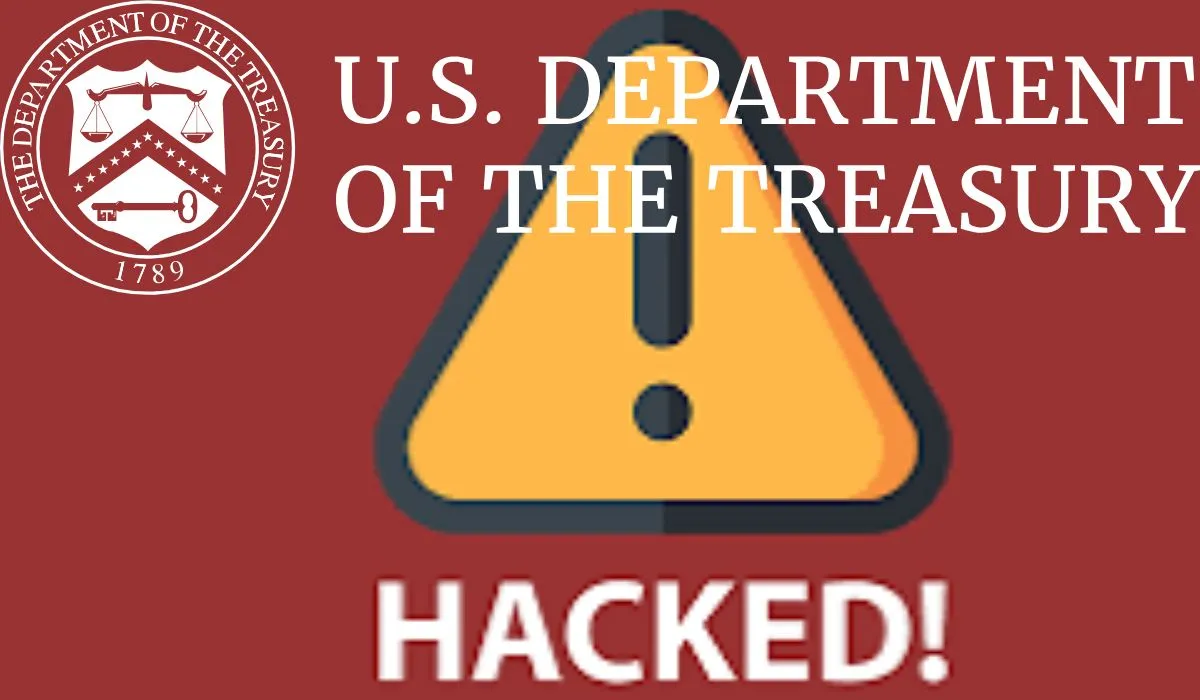In a groundbreaking move, the Federal Communications Commission (FCC) has reintroduced net neutrality regulations aimed at protecting internet users’ access to an open and fair digital landscape. These rules ensure that internet service providers (ISPs) treat all online traffic equally, preventing them from blocking, throttling, or prioritizing certain content for financial gain. This significant decision is expected to impact millions of users across the United States.
What Are Net Neutrality Rules?
Net neutrality is the principle that all internet traffic should be treated equally. The rules, first enacted in 2015 under the Obama administration, mandated that ISPs could not favor certain websites or services over others. These regulations were repealed in 2017 under the Trump administration, sparking widespread debate over digital freedom and innovation.
By reinstating these rules, the FCC aims to restore balance to the internet, ensuring a level playing field for startups, small businesses, and consumers alike.
Why Is This Decision So Critical?
The internet has become an essential utility, connecting people to information, education, healthcare, and commerce. Without net neutrality, ISPs could create a “pay-to-play” system where large corporations dominate the digital space, leaving smaller entities struggling to compete.
Chairwoman Jessica Rosenworcel emphasized the importance of this decision, stating, “Net neutrality is about protecting free speech and ensuring that everyone has equal access to the internet.”
Key Highlights of the FCC’s New Rules
- Equal Treatment of Data
ISPs must treat all internet traffic equally, regardless of the source or type of data. - Ban on Throttling and Blocking
Providers cannot intentionally slow down or block access to specific websites or apps. - Transparency Requirements
ISPs must disclose any network management practices or service limitations. - Ban on Paid Prioritization
Companies cannot pay for preferential treatment, ensuring fairness for all online entities.
Supporters Celebrate: “A Win for the Public”

Advocates of net neutrality have long argued that the absence of these rules benefits ISPs at the expense of consumers. Digital rights organizations, tech companies, and public interest groups have hailed the FCC’s move as a victory for internet users.
Evan Greer, director of the nonprofit advocacy group Fight for the Future, called the decision “a crucial step toward a free and open internet where everyone has a voice.”
Read Also:
- Mass Shooting Outside Queens Nightclub Leaves 10 Injured on New Year’s Day: A Tragic Start to 2025
- Elena Rybakina Announces Stefano Vukov’s Return for 2025 Season
- Novak Djokovic Dominates Monfils to Secure Spot in Brisbane Quarters
- Mad Max: Fury Road! Exploring the Legacy of A Cinematic Masterpiece
- A Rare Celestial Event: The Enigmatic Black Moon to Grace the Skies
- US Treasury Department Hacked: Cybersecurity Concerns Rise Amid Major Breach
- Happy New Year 2025: A Time for Celebration, Reflection, and New Beginnings Across America
- The Viral Hermes Birkin Bag at Walmart: What You Need to Know
Critics Warn of Overreach
Despite widespread support, critics argue that net neutrality rules stifle innovation and discourage investment in broadband infrastructure. ISPs have voiced concerns that these regulations may lead to increased government control over the internet.
Ajit Pai, the former FCC chairman who oversaw the repeal of net neutrality in 2017, claimed that removing the rules encouraged broadband investment and expanded internet access. His critics, however, argue that such benefits were overstated.
What Does This Mean for Internet Users?
The reinstatement of net neutrality rules is expected to provide several benefits to consumers:
- Fair Access to Content
Users will no longer face restrictions when accessing certain websites or services. - Protection Against Price Hikes
ISPs cannot charge extra fees for accessing specific online platforms or services. - Encouragement of Innovation
Startups and small businesses will have equal opportunities to reach audiences without paying for prioritization.
A Divided Congress Reacts
The FCC’s decision comes amidst a deeply divided Congress. While Democrats generally support net neutrality, many Republicans remain skeptical, citing concerns about government overreach. The partisan divide suggests that future attempts to codify net neutrality into law may face significant challenges.
However, public opinion strongly favors net neutrality. A 2024 poll revealed that over 80% of Americans, including a majority of Republicans, support the principle of an open internet.
The Road Ahead for Net Neutrality
The reinstatement of net neutrality is a major milestone, but the fight for a fair internet is far from over. Industry experts believe that ongoing technological advancements, such as the rollout of 5G and the expansion of artificial intelligence, will present new challenges to maintaining a level playing field online.
To address these issues, the FCC has pledged to monitor ISPs closely and adapt its regulations as necessary to ensure compliance.
Power to the People: How You Can Help
Advocates encourage internet users to stay informed and engaged. Supporting digital rights organizations, contacting local representatives, and participating in public comment periods are effective ways to ensure your voice is heard.
As Rosenworcel stated, “The internet belongs to all of us. Together, we can protect it.”
Conclusion: A Bold Step Toward Internet Freedom
The FCC’s decision to reinstate net neutrality rules is a bold and necessary step toward ensuring a fair and open internet for all. By holding ISPs accountable and protecting consumers’ rights, the FCC has reaffirmed its commitment to a digital landscape where innovation and free speech thrive.
As the debate over net neutrality continues, one thing remains clear: the internet’s future depends on the vigilance of its users. Stay informed, stay engaged, and fight for the digital freedoms we all deserve.










